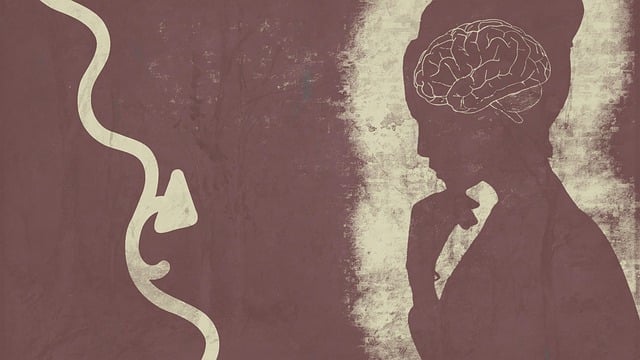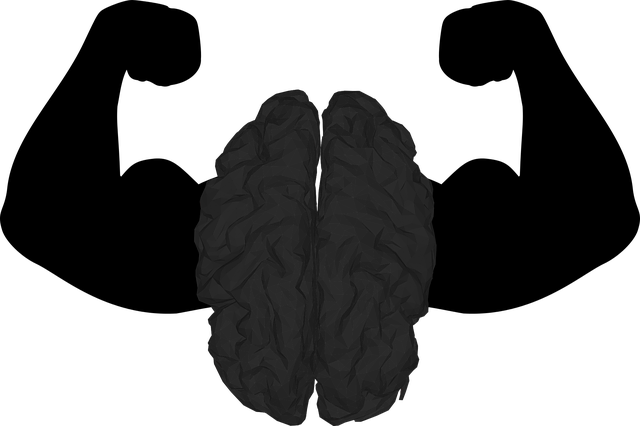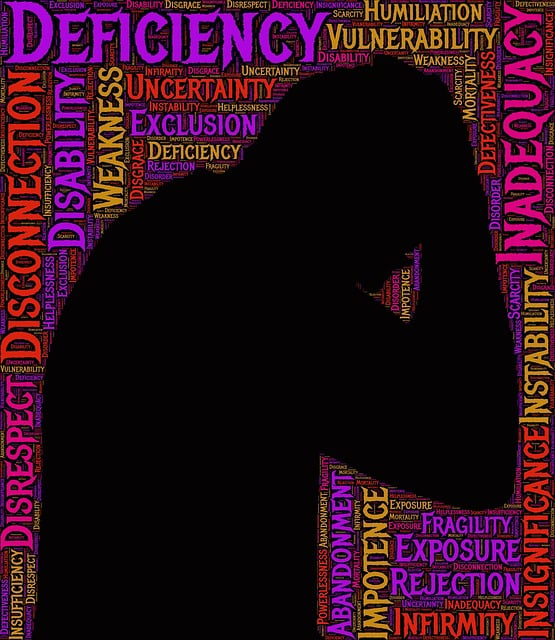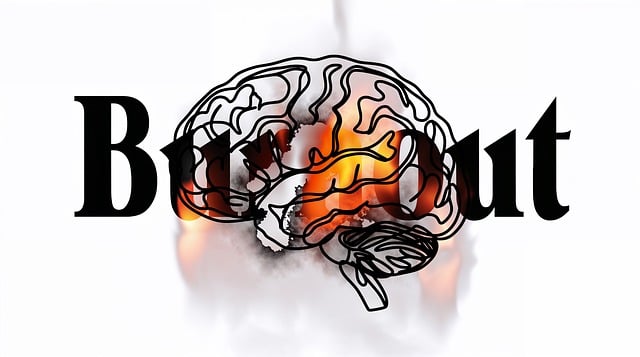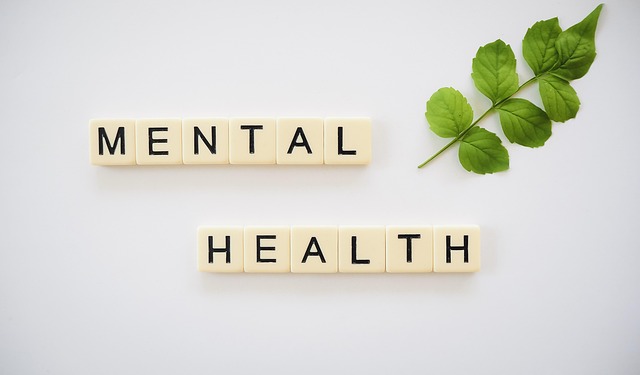Social Skills Training (SST) is a specialized therapy tailored to empower survivors of elder abuse, addressing their unique challenges of isolation and mistrust. Through skill development, role-playing, group activities, and community outreach, SST helps elders navigate social situations safely, rebuild confidence, and form new support networks. This holistic approach combines CBT and mindfulness exercises for emotional healing, making it an effective tool for survivors' recovery from mental health conditions and trauma.
Social skills training is a powerful tool in addressing mental health conditions, especially for elders abuse survivors. This article delves into the understanding and impact of social skills training, focusing on its potential to enhance the lives of survivors. We explore how developing essential social competencies can prevent and mitigate elder abuse, fostering safer and more supportive environments. Additionally, we provide effective strategies for delivering targeted therapy tailored to the unique needs of this vulnerable population.
- Understanding Social Skills Training for Mental Health Conditions
- The Impact of Social Skills Development on Elders Abuse Survivors
- Effective Strategies for Delivering Social Skills Therapy
Understanding Social Skills Training for Mental Health Conditions

Social Skills Training (SST) is a specialized form of therapy designed to help individuals with mental health conditions improve their interactions and connections with others. This type of therapy recognizes that social relationships play a crucial role in mental wellness, especially for survivors of elder abuse, who often experience significant social isolation and mistrust. By focusing on teaching practical social skills, SST aims to boost confidence and foster meaningful engagement in various settings.
For elders who have endured abuse, rebuilding social connections can be transformative. Through SST, they learn effective communication strategies, assertiveness techniques, and how to navigate social situations with comfort and safety. This therapy goes beyond mere conversation; it involves role-playing scenarios, group activities, and community outreach program implementation to create a supportive environment where participants feel empowered to socialize and build lasting relationships. The goal is to enhance their overall mental wellness and encourage active participation in society.
The Impact of Social Skills Development on Elders Abuse Survivors

The development of social skills can significantly mitigate the effects of elders abuse and have a profound impact on the lives of survivors. Many older adults who have experienced abuse may withdraw from social interactions, leading to isolation and further mental health challenges. Social skills training offers a transformative opportunity for these individuals to rebuild their confidence and learn effective communication strategies. Through therapy sessions focused on improving self-esteem and crisis intervention guidance, survivors can regain control and assertiveness in social settings.
This process is crucial in fostering a sense of safety and belonging, which are essential components of mental health awareness. By participating in group discussions or one-on-one interactions during therapy for elders abuse survivors, they can develop coping mechanisms to navigate challenging situations. Such interventions not only enhance their ability to recognize and report potential abuse but also empower them to form meaningful connections and rebuild their support networks.
Effective Strategies for Delivering Social Skills Therapy

Social skills training is a powerful tool for individuals recovering from mental health conditions, especially those who have experienced trauma like elder abuse. Effective strategies for delivering social skills therapy involve creating a safe and supportive environment where participants feel comfortable practicing new behaviors. Group therapy sessions can be particularly beneficial, as they encourage peer support and model positive social interactions. Facilitators should use interactive activities and role-playing exercises to engage clients and promote emotional healing processes. By teaching specific communication techniques, such as active listening and assertive behavior, therapy for elder abuse survivors can enhance their ability to navigate interpersonal relationships and build confidence.
Incorporating mindfulness exercises and cognitive behavioral therapy (CBT) techniques into social skills training can further boost participants’ mental wellness. CBT helps individuals identify and challenge negative thought patterns, fostering a more positive self-image and improving emotional regulation. These strategies work together to create a holistic approach that not only teaches practical social skills but also supports the overall emotional healing processes of those recovering from trauma.
Social skills training, as a targeted therapeutic approach, offers a promising avenue for improving the lives of individuals dealing with mental health conditions, particularly elders abuse survivors. By focusing on developing and refining social interaction abilities, this form of therapy empowers participants to rebuild connections, foster better relationships, and enhance their overall well-being. The strategies outlined in this article provide a framework for mental health professionals to deliver effective social skills therapy, ultimately contributing to the development of resilient and socially integrated communities. For elders abuse survivors, accessing tailored therapy can be transformative, enabling them to reclaim their sense of belonging and security in social settings.

